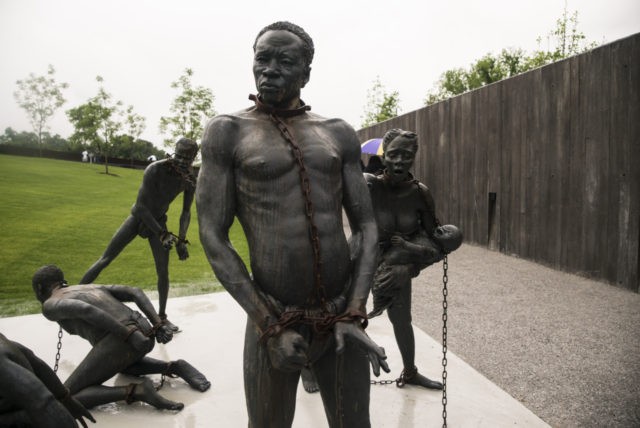The Burlington City Council on Monday voted unanimously to launch a task force to study reparations for residents whose ancestors were enslaved in the United States.
Seven Days VT reports:
Councilors at Monday’s meeting were more united on a vote to establish a task force to study the concept of monetary reparations for residents who are descendants of slaves, and to issue a formal apology for the city’s role in slavery. That resolution, introduced by Councilor Perri Freeman (P-Central District), passed unanimously. The five-member panel will begin meeting by October 1. The group will research slavery’s “lingering negative effects … including economic, political, educational, and social discrimination,” the resolution says. […]
The task force will study slavery in Burlington between 1619 — the year the first enslaved Africans arrived in the colonies — and 1865, when the U.S. House of Representatives abolished slavery with the 13th Amendment. Within a year of first meeting, the group will issue a report with suggestions on how to calculate the reparations and who should get them.
“It does feel like a very basic, foundational step that we need to take in order to begin the process of making amends,” Freeman said following the resolution’s approval.
In a statement, Burlington Mayor Miro Weinberger praised the vote, calling a task force “potentially consequential.”
“I don’t know where this study is going to take us,” said Weinberger. “I do know, however, that we’ll never fully realize the ideals of our country until the issue of reparations is addressed.”
The development comes after a “racial equity” task force commissioned by the city of Durham, North Carolina, issued a report recommending the creation of a reparations fund to address “systemic racism.”
In July, Asheville, NC, City Council voted 7-0 to approve reparations for black residents. The resolution will not result in direct payments to residents but will sanction investments in poorer African-American communities.
“Hundreds of years of black blood spilled that basically fills the cup we drink from today,” Keith Young, a black member of the council, said about the vote. “It is simply not enough to remove statues. Black people in this country are dealing with issues that are systemic in nature.”

COMMENTS
Please let us know if you're having issues with commenting.